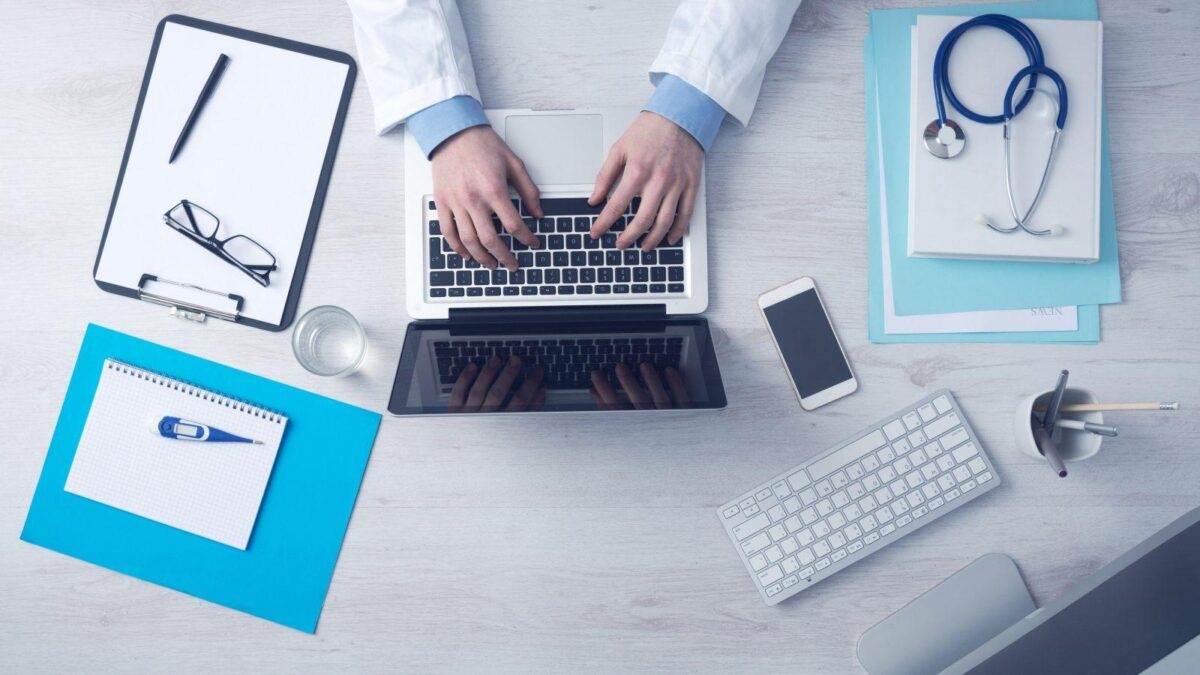Scientists have been ardently examining ways in which we can employ artificial intelligence to aid us in our fight against COVID-19. So far, it’s been used to detect new molecules that are potentially capable of treating COVID-19; it’s been used to scan lung CTs for signs of pneumonia and determine the severity of patients’ illness; it’s even been used in a newly developed tracking software meant to detect symptoms of COVID-19 in people walking about the streets. And now, MIT has announced it’s newfound use for the advanced technology: granting healthcare front-liners a much-needed safer option with their device, Emerald.
Overflowing hospitals pose as a serious danger to healthcare workers
The CDC reported Tuesday that more than 9,000 healthcare workers have fallen victim to COVID-19 within the last week in the U.S. with at least 27 of those cases resulting in death. These devastating numbers have alarmed the country, and MIT’s Computer Science and AI Lab has stepped in to minimize the risk healthcare workers face each day this pandemic looms with the development of their device, Emerald.
How Emerald works
MIT’s team has developed this mountable device to enable doctors to monitor patients from a safe distance. Mounted on the walls of hospital rooms, Emerald uses wireless signals to get a read on patients; using AI, the device examines a patient’s sleep pattern, breathing rate and overall movement. With this device, doctors can be notified and briefed on patients’ status—if they’re having trouble breathing, if they’re showing concerning signs in their movement, etc.—within a safe range.
The implementation of Emerald at assisted living facilities
Emerald had been put into effect at an assisted living facility. In their attempt to remotely monitor a COVID-19 patient, the patient’s status during recovery was fully relayed each step of the way. Emerald was able to report a change in the patient’s breathing rate, improvements in their sleep and track the speed of their movements, as the patient gained more energy and stability in their walk. Assistant professor at Harvard Medical School and MD, Ipsit Vahia, believes the device will prove to be a massive help in this dangerous and troubling time for medical staff around the country:
“When doctors have to interact directly with patients to conduct exams or monitor vital signs, each step along the way represents an increased risk that they will get infected…Given how Emerald can generate important health data without any patient contact, it could minimize the risk that doctors and nurses will catch the disease from their patients.”
Emerald could even comfort those who feel they have COVID-19 but are not serious enough to be emitted for hospital care; encouraging less severe cases to stay home with remote healthcare supervision and manage the overflow hospitals are experiencing.
Here’s a look at how tech startups are aiding healthcare workers in the fight against COVID-19.

